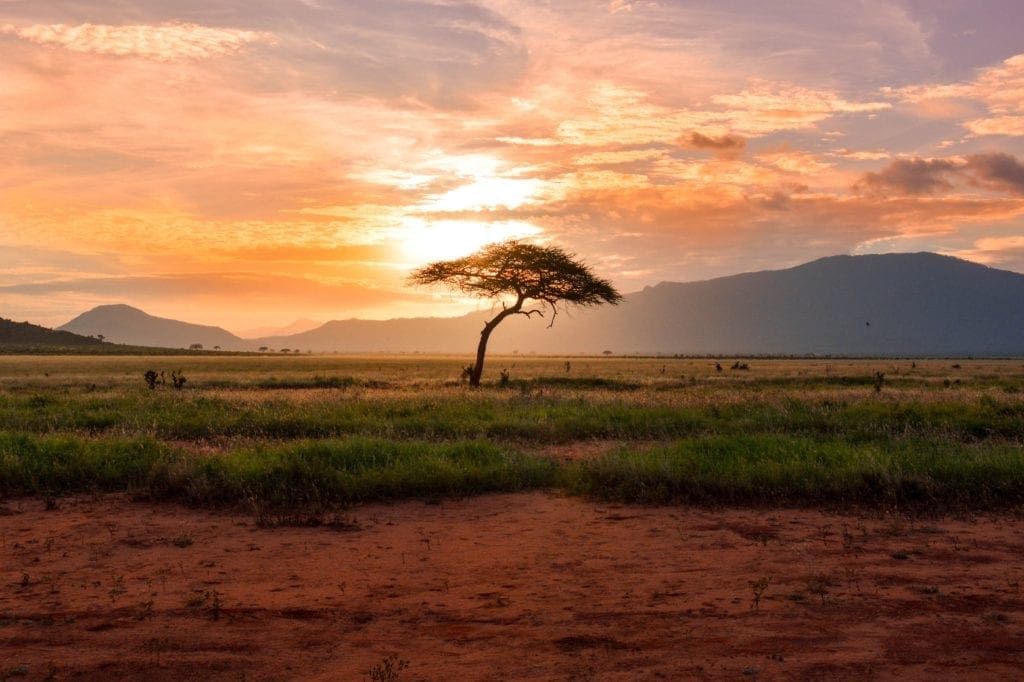Renowned TV pundit and staunch libertarian John Stossel recently wrote an excellent column about Africa and poverty.
He asked a very important question that most economists have long had trouble answering:
“Why does most of Africa stay poor while other parts of the world prosper?”

Common arguments for Africa’s poverty include climate, colonialism, and racism. While these factors may contribute to Africa’s underdevelopment, they don’t touch on the elephant in the living room — government intrusion in the economic activities of individuals — a factor present throughout Africa that persists even into the present.
Magatte Wade, a Senegalese businesswoman, understands this. Wade believes that there is too much regulation in African countries such as Senegal. “Once you hire someone, good luck getting rid of them for any reason,” Wade stated. The Senegalese government must approve every firing.
Wade adds that “the tax code is so complicated … worth at least two or three truckloads of paper.” The African entrepreneur set up a lip balm company that uses certain ingredients that are not made in Senegal. In turn, they must be imported. However, the Senegalese government imposes tariffs to supposedly “protect” these industries. What actually happens is that these products become more expensive for consumers. “Some have a 70 percent import tariff on them!” she exclaimed.
To escape such taxes and regulations, people end up bribing public officials, which is commonplace in many developing countries. Corruption should be condemned, but it’s not the root cause of the problems in Africa. Wade correctly asserts that “corruption is a natural consequence of stupid, senseless, idiot laws.”
She even argued that there would be as much corruption in America if taxes and regulations were similar to those of Senegal. Thankfully, America still has a simple institutional framework that favors private property and basic individual freedoms like the freedom of association. This is what allows America to prosper, while other institutionally flimsy countries flounder.
In her view, the “only way to fix corruption is to simplify.” Wade has a point. Senegal is currently ranked in 117th place according to the Heritage Foundation’s Index of Economic Freedom. The country receives especially low marks on property rights, labor freedom, business freedom, and financial freedom. Given Senegal’s abysmal scores on this index, it’s small wonder why Wade is complaining.
Countries like Senegal are not necessarily condemned to economic stagnation and corruption. They do have viable alternative models on the continent that can serve as sources of inspiration. Take, for example, Botswana.
Unlike other African countries, it rejected foreign aid and did not implement domestic redistributionist schemes. Instead, it focused on free trade, strengthened its support of property rights, and built sound institutions based on the rule of law. This allowed it to exploit its vast diamond resources and become one of the most dynamic economies during the 1960s and beyond.
Africa should avoid the conventional wisdom coming out of organizations like the IMF, OECD, or U.N. Most of their proposals involve some form of government dominance over the economy and reliance on foreign aid. Instead, they should emulate Botswana and liberate their economies from government bondage. At the end of the day, most countries’ problems come from within.
Free people acting voluntarily in the market, not sheltered bureaucrats, are what propel countries toward economic prosperity.

























